Parkland father admits he doctored CNN email supporting son's shaky 'scripted' town hall claim

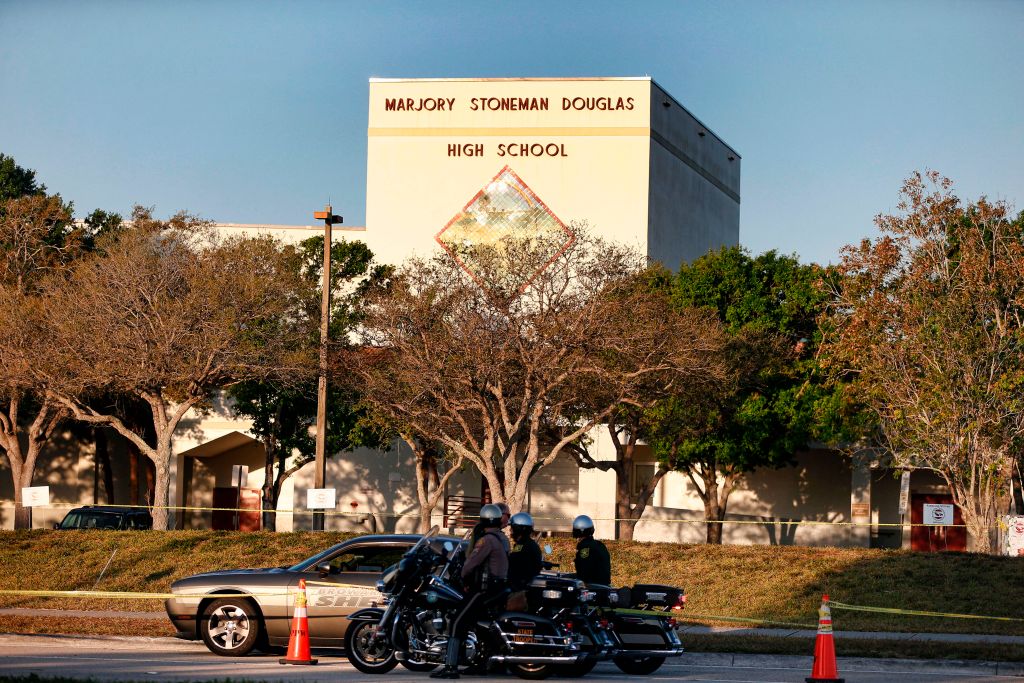
A free daily email with the biggest news stories of the day – and the best features from TheWeek.com
You are now subscribed
Your newsletter sign-up was successful
Marjory Stoneman Douglas High School junior Colton Haab got everyone's attention last week when he claimed that he had withdrawn from participating in a CNN town hall about the shooting attack at his Parkland, Florida, high school because "CNN had originally asked me to write a speech and questions, and it ended up being all scripted." CNN refuted the claim, but his father, Glenn Haab, produced an email that appeared to back up his son's claim. On Tuesday, Glenn Haab admitted he omitted some key words from the email exchange, but he told The Associated Press "there was nothing malicious behind it."
In the version of CNN producer Carrie Stevenson's email that Glenn Haab forwarded to Fox News and HuffPost, Stevenson told him that his son "needs to stick to" what "Colton and I discussed on the phone." He cut her words "that he submitted," which showed that instead of feeding Colton "scripted" questions, Stevenson was asking him to stick with the questions he had sent in earlier, and rejecting the "way too long" four-page document, with a 700-word statement and several questions, that his father had emailed to her.
Glenn Haab is a Republican gun owner, AP notes, and one of the questions Colton Haab wanted to ask was about arming teachers. Fox News hosts Sean Hannity and Tucker Carlson, as well as other conservatives, had pointed to Colton Haab's claim to suggest the CNN town hall was "scripted," biased against guns, or worse. President Trump cited Carlson's report to declare the town hall "fake news."
The Week
Escape your echo chamber. Get the facts behind the news, plus analysis from multiple perspectives.

Sign up for The Week's Free Newsletters
From our morning news briefing to a weekly Good News Newsletter, get the best of The Week delivered directly to your inbox.
From our morning news briefing to a weekly Good News Newsletter, get the best of The Week delivered directly to your inbox.
A free daily email with the biggest news stories of the day – and the best features from TheWeek.com
Peter has worked as a news and culture writer and editor at The Week since the site's launch in 2008. He covers politics, world affairs, religion and cultural currents. His journalism career began as a copy editor at a financial newswire and has included editorial positions at The New York Times Magazine, Facts on File, and Oregon State University.
-
 Why is the Trump administration talking about ‘Western civilization’?
Why is the Trump administration talking about ‘Western civilization’?Talking Points Rubio says Europe, US bonded by religion and ancestry
-
 Quentin Deranque: a student’s death energizes the French far right
Quentin Deranque: a student’s death energizes the French far rightIN THE SPOTLIGHT Reactions to the violent killing of an ultraconservative activist offer a glimpse at the culture wars roiling France ahead of next year’s elections
-
 Secured vs. unsecured loans: how do they differ and which is better?
Secured vs. unsecured loans: how do they differ and which is better?the explainer They are distinguished by the level of risk and the inclusion of collateral
-
 Colbert, CBS spar over FCC and Talarico interview
Colbert, CBS spar over FCC and Talarico interviewSpeed Read The late night host said CBS pulled his interview with Democratic Texas state representative James Talarico over new FCC rules about political interviews
-
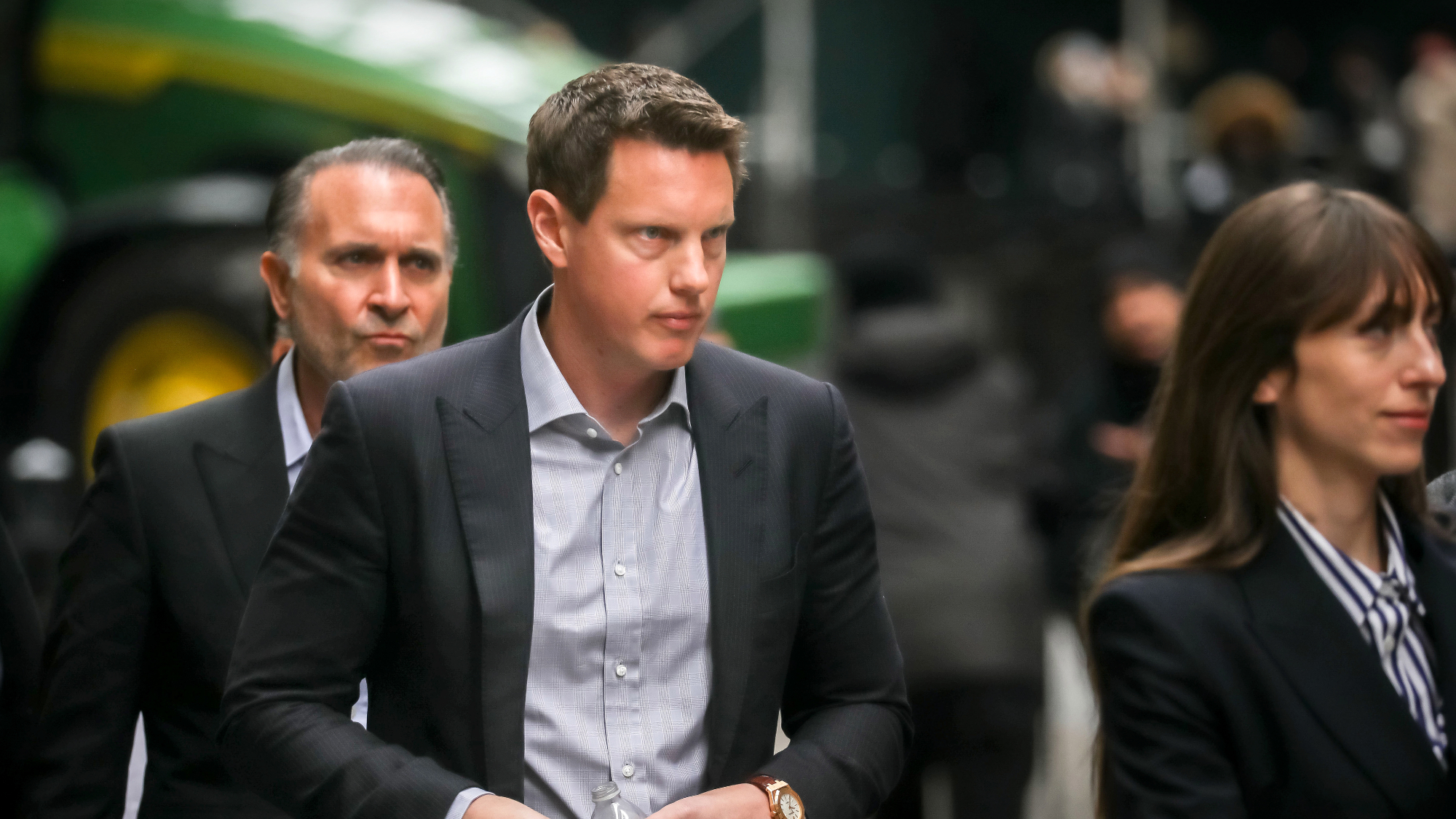 Paramount fights Netflix for Warner as Trump hovers
Paramount fights Netflix for Warner as Trump hoversSpeed Read Paramount Skydance is seeking to undo Netflix’s purchase of Warner Bros. Discovery
-
 Paramount, Comcast, Netflix bid for WBD
Paramount, Comcast, Netflix bid for WBDSpeed Read The outcome of this bidding war ‘could alter the trajectory of the entertainment business’
-
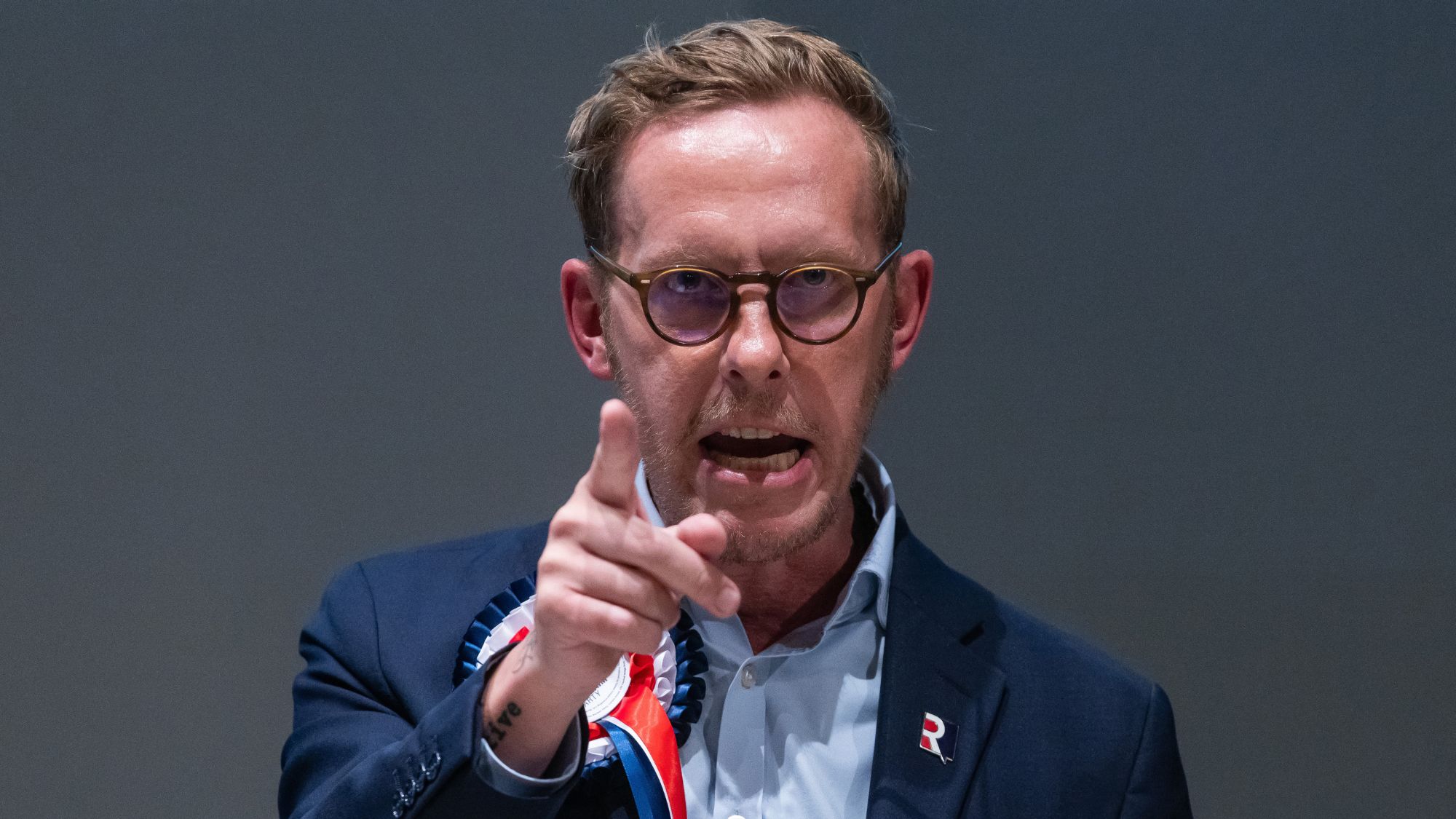 Laurence Fox suspended by GB News after 'unacceptable' Ava Evans comments
Laurence Fox suspended by GB News after 'unacceptable' Ava Evans commentsSpeed Read Broadcaster issues apology after actor goes on a tirade during a live interview with Dan Wootton
-
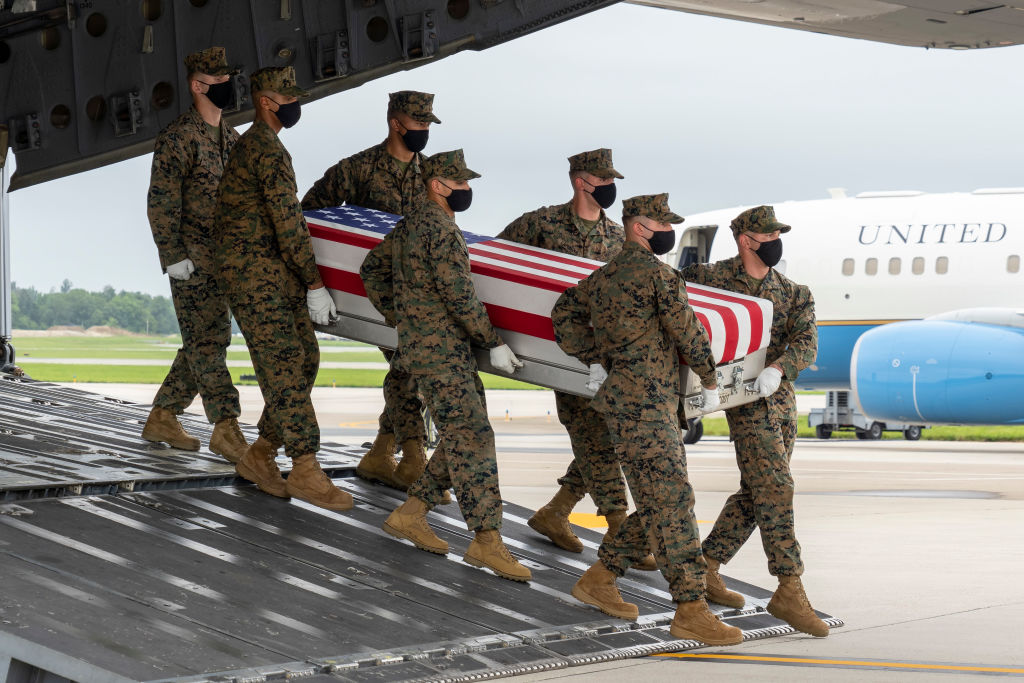 Fox News apologizes to Gold Star family for false story Marine Corps called 'disgusting'
Fox News apologizes to Gold Star family for false story Marine Corps called 'disgusting'Speed Read
-
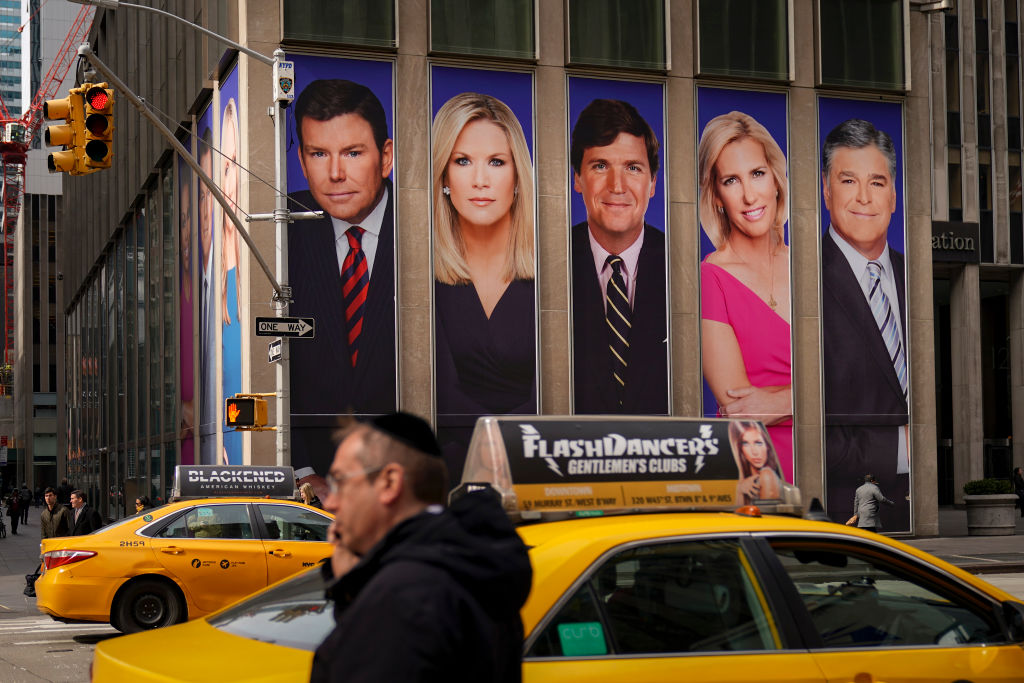 Tucker Carlson Tonight is being replaced by Fox News Tonight
Tucker Carlson Tonight is being replaced by Fox News TonightSpeed Read
-
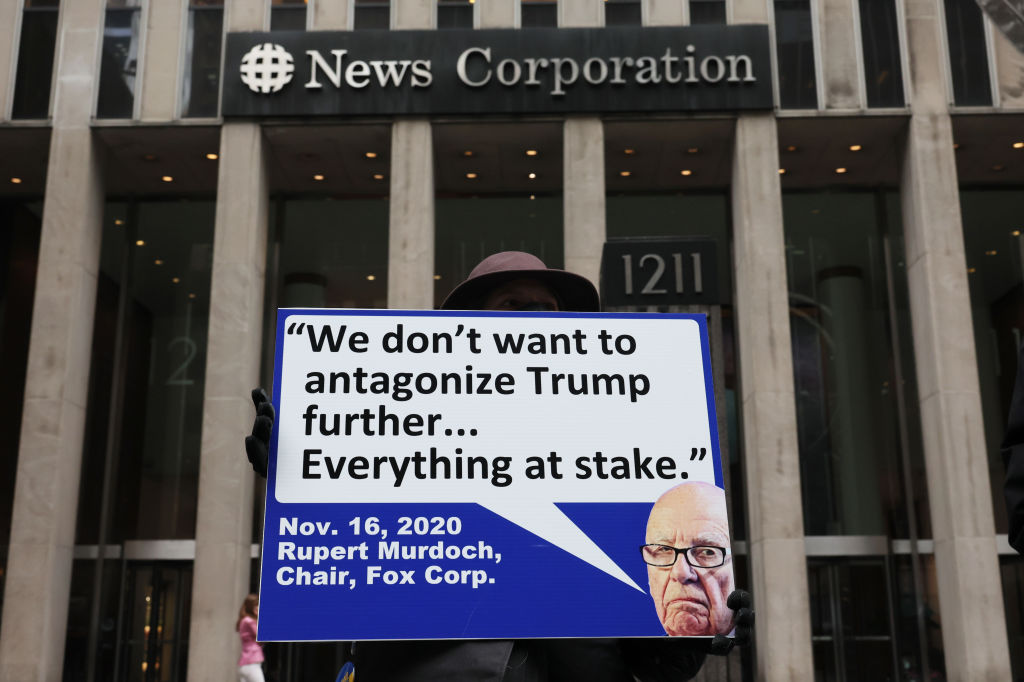 Judge delays Fox News-Dominion defamation trial start, reportedly to allow settlement talks
Judge delays Fox News-Dominion defamation trial start, reportedly to allow settlement talksSpeed Read
-
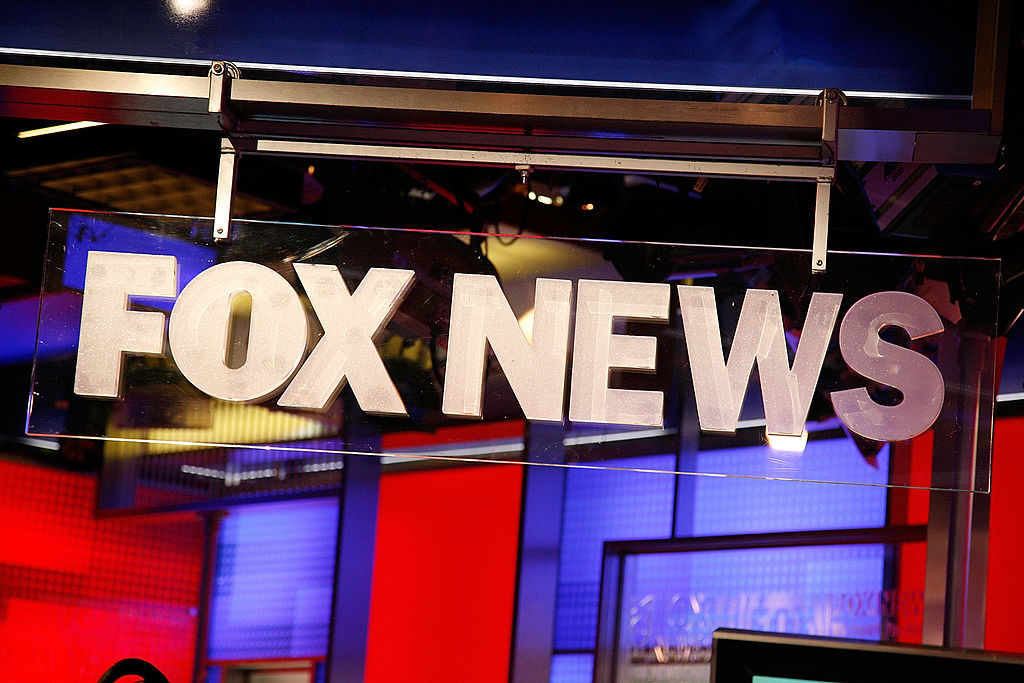 Judge orders Dominion lawsuit against Fox News to go to trial
Judge orders Dominion lawsuit against Fox News to go to trialSpeed Read
